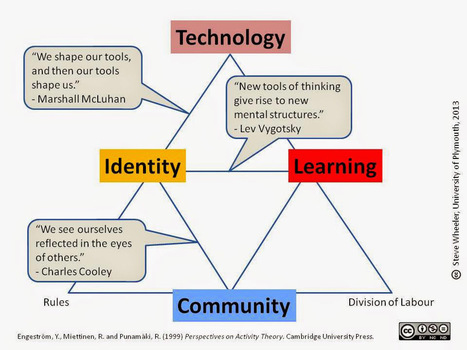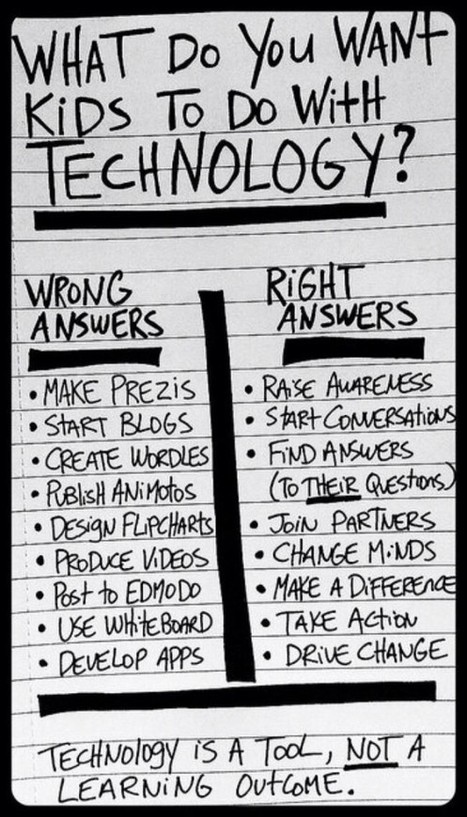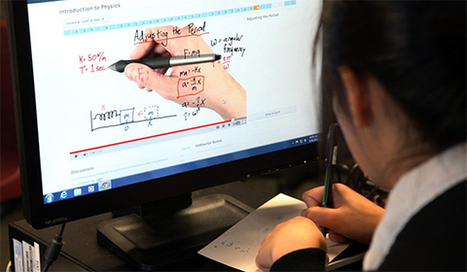How The Activity Learning Theory Works
Vygotsky’s earlier concept of mediation, which encompassed learning alongside others (Zone of Proximal Development) and through interaction with artifacts, was the basis for Engeström’s version of Activity Theory (known as Scandinavian Activity Theory). Engeström’s approach was to explain human thought processes not simply on the basis of the individual, but in the wider context of the individual’s interactions within the social world through artifacts, and specifically in situations where activities were being produced.
In Activity Theory people (actors) use external tools (e.g. hammer, computer, car) and internal tools (e.g. plans, cognitive maps) to achieve their goals. In the social world there are many artifacts, which are seen not only as objects, but also as things that are embedded within culture, with the result that every object has cultural and/or social significance.
Tools (which can limit or enable) can also be brought to bear on the mediation of social interaction, and they influence both the behavior of the actors (those who use the tools) and also the social structure within which the actors exist (the environment, tools, artifacts). For further reading, here is Engeström’s own overview of 3 Generations of Activity Theory development. The first figure shows Second Generation AT as it is usually presented in the literature.
Via Gust MEES, Anne Whaits




 Your new post is loading...
Your new post is loading...















Many times when we learn we use many tools. They may be our minds or they may be outside objects. This is how we put them together and use it for the better.